Stories of Searching Volunteers for Victims of the "Comfort Women" System
August 14 is the World’s Memorial Day of "Comfort Women". On the morning of August 13, a non-governmental exchange activity on the Japanese army "comfort women" issue was held in the exhibition hall of former comfort women station in Liji Lane, Nanjing, a branch of our Memorial Hall. Experts on the issue, and search volunteers from Hunan, Shanxi, Guangdong, Zhejiang and Sichuan provinces for victims of the Japanese "comfort women" system exchanged their views on the search experience, the Japanese army "comfort women" system and other issues.
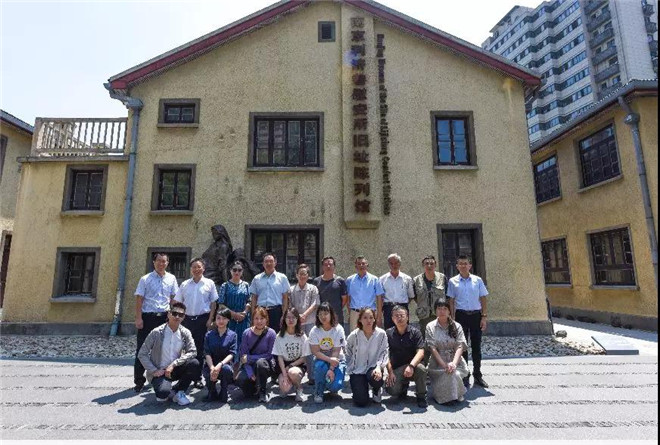
The attendees
Volunteers and private collectors donated relics about the "comfort women" to the museum.
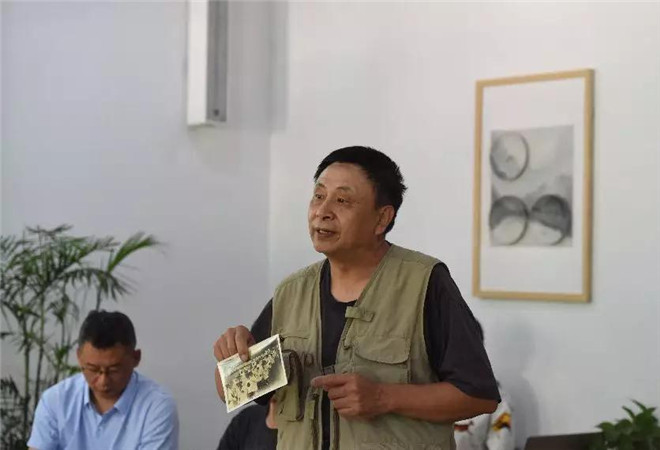
Chen Ximin, a private collector from Nanjing, donates boxes used in the comfort stations to contain medicine that treated women's gynecological diseases, as well as old photos of the Patriotic Women's Association of Japan
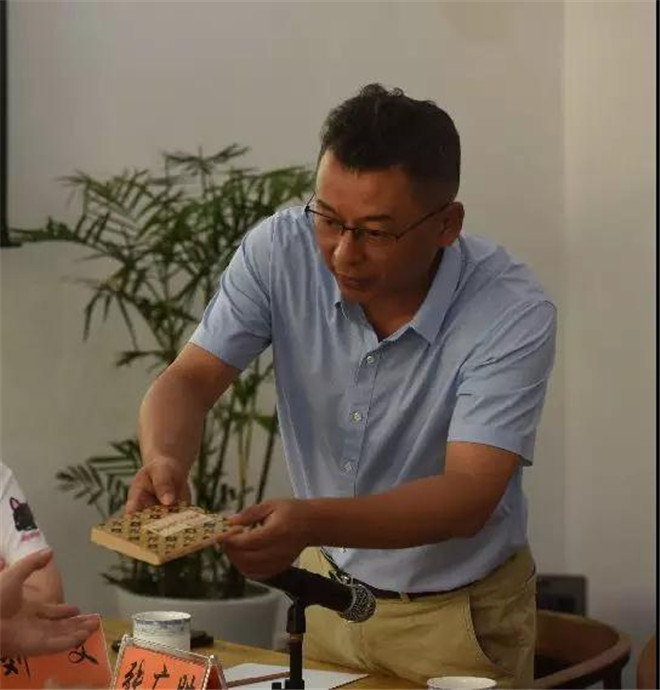
Zhang Guangsheng, a private collector from Shenyang, donates documentary novels written by Japanese soldiers.
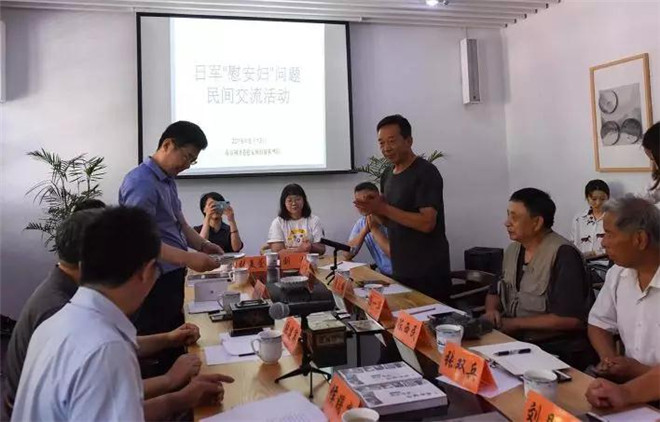
Cao Liming, curator of the Peace Memorial Hall in Suifenhe City, Heilongjiang province and president of the Association of Peace Volunteers, donate dishes used by victims of the Japanese army's "comfort women" system
Zhang Lianhong, president of Nanjing Japanese Invaders’ Victims Support Association and minister of publicity of Nanjing Normal University
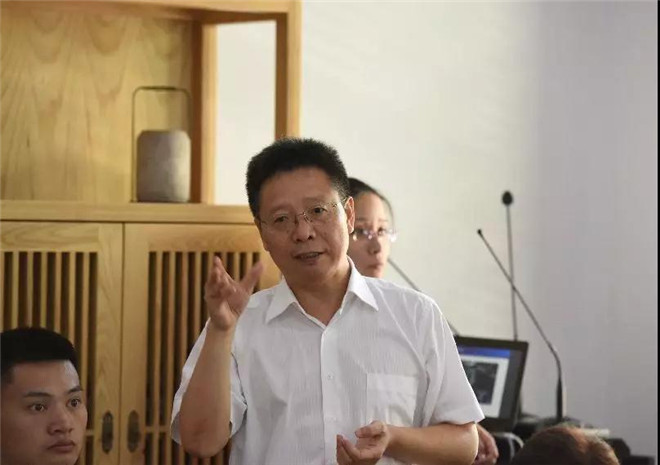
Zhang Lianhong
Focusing on a comfort station based in Nanjing Huayue Lo , I studied the management regulations of the Japanese army’s comfort stations. During the investigation, Mr. Gu Xiang, who lives at No.14 Hui’an Lane, provided a rare photo with Chinese characters "慰安妇(comfort women)", "特殊检查(special inspection)" and "兵站(military depot)" printed on it. From this photo, we can basically recognize that the comfort station of Huayue Lou was established in early 1939, and its provisions were quite detailed. For example, special women in the comfort station of each military depot must be inspected by the military police branch's medical officer every five days.
According to the regulations on the management of comfort stations set up by the Japanese army in various places during the second world war, the Japanese army carried out strict military management on the comfort stations and "comfort women". "Comfort women" were an integral part and necessity of the Japanese military
Xu Weijing, a volunteer from Zhejiang province
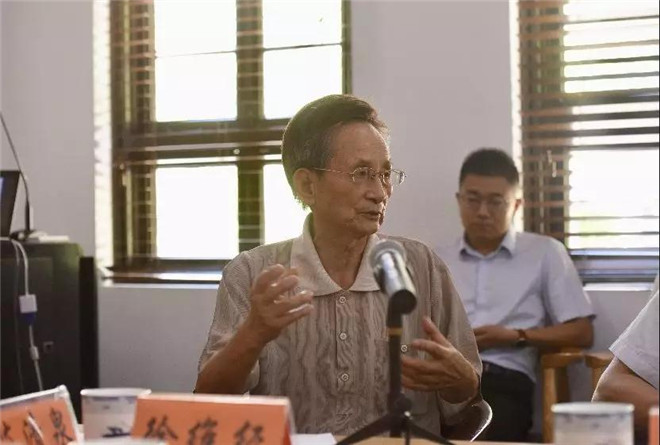
Xu Weijing
“That year, I saw a dozen Japanese soldiers catch girls in our village. They caught a 15-year-old girl and my cousin, only 18 years old. A total of 23 women were taken, all of whom were local residents. We knew very well whose daughter or wife were caught.
We tried to save them, but there were more than 200 Japanese soldiers in the comfort station. One night the Japanese soldiers all went out to tear down the railway. We seized the opportunity, formed a commando team, and saved 19 girls, with 4 unfound.

On June 2 this year, “Nanny Jinhua”, a victim of the Japanese "comfort women" system, died in Jinhua, Zhejiang province
Chen Qingquan, a volunteer from Hu’nan province
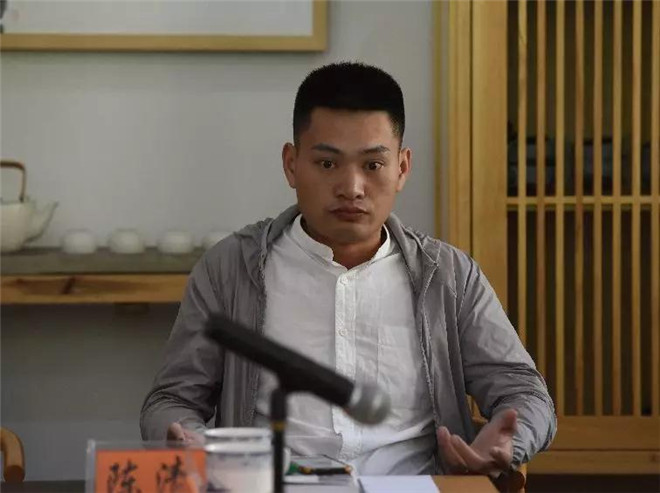
Chen Qingquan
In 2017, a local media in Hunan province interviewed a veteran of the Anti-Japanese War. The report was read by a family member of a victim of the Japanese army's "comfort women" system. "I have two aunts who are victims," he told us. "I want to make their stories public." In this way, last year we found the two siblings born on the same day of the same month -- elder sister Peng Renshou and younger sister Peng Zhuying, who was four years younger than her.
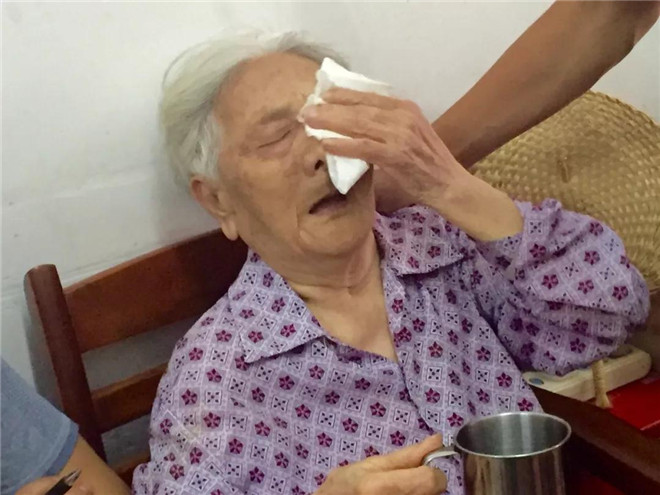
Peng Renshou
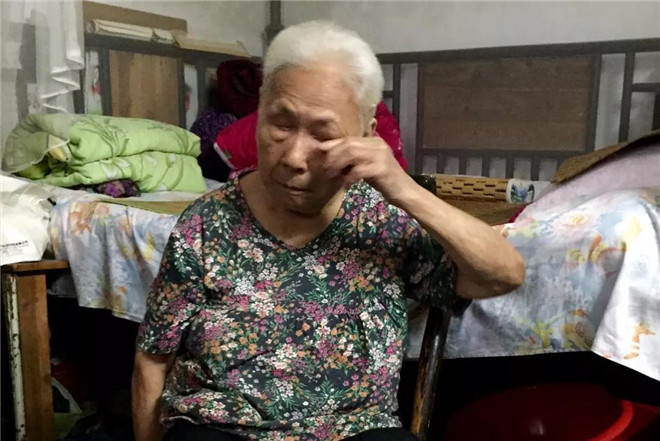
Peng Zhuying
In May this year, we conducted a survey of 13 people over the age of 90 in a local nursing home and found that two centenarians were victims of the Japanese army's "comfort women" system. After the story of the two grandmothers was reported, three more victims were found in another village in our town. So far, 13 victims have been found alive in Hunan.
Zhang Shuangbing, A Volunteer from Shanxi province
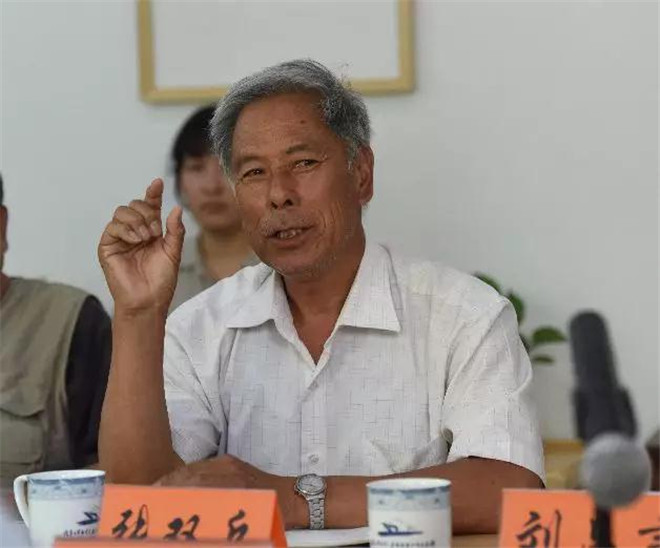
Zhang Shuangbing
It has been 37 years since I started visiting victims of the comfort women system in 1982. The process has been very bitter. Ever since I met the victim Hou Dong’e by chance in 1982, I have felt unable to let go of this cause.
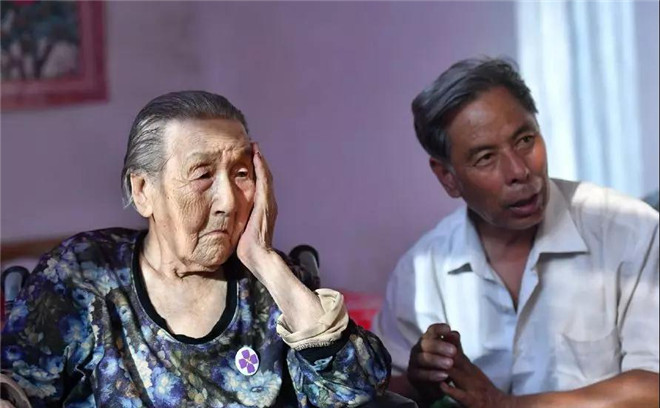
Zhang Shuangbing visits Cao Heimao (deceased), a victim of the Japanese "comfort women" system
Since the victims filed a lawsuit against the Japanese government in 1995, there have been 16 old people who, with our help, have gone abroad and entered the court to accuse the crimes of Japanese imperialism. All the 16 plaintiffs had died by 2015.
The experience has caused untold damage to the victims and their families. We have been trying for decades to prove that the Japanese army has committed crimes on the Chinese soil.
Liu Changyan, a volunteer from Guangdong province
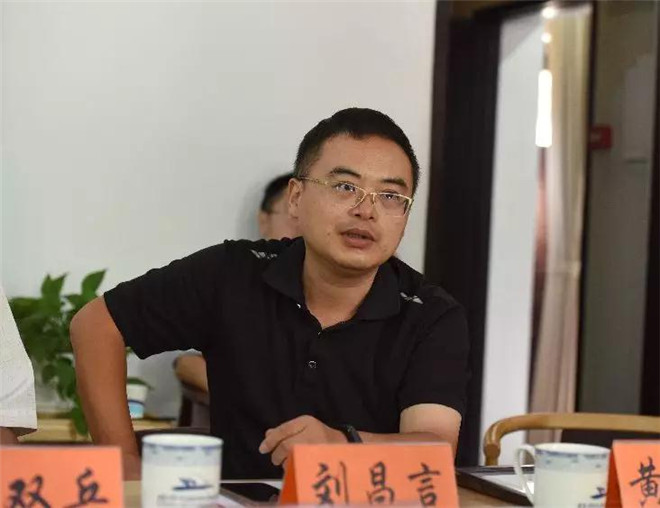
Liu Changyan
Sanzao Island is the largest Island in Zhuhai, Guangdong province. The Japanese navy committed in Sanzao Island the brutal South Chinese people Massacre and the Sanzao Massacre. Sanzao people were ravaged by the Japanese army for seven years and seven months.
Sanzao comfort station was established in the spring of 1939. The operation of the comfort station was one of the numerous facts about the crimes committed by the Japanese army on Sanzao island, which was described in the memoirs of Luo Shishui from Taiwan province, a Japanese navy translator in Sanzao Island. Among them:
"There are about ten to twenty tatami rooms. During the day corporals came here at regulated time, and petty officers and above came here at night... Initially there were more than ten Japanese women in the station, and they had to cater to at least a few hundred soldiers every day. (After a year or two, the number of Japanese women in kimonos dwindled, replaced by some Chinese girls in qipao from Guangzhou.)”
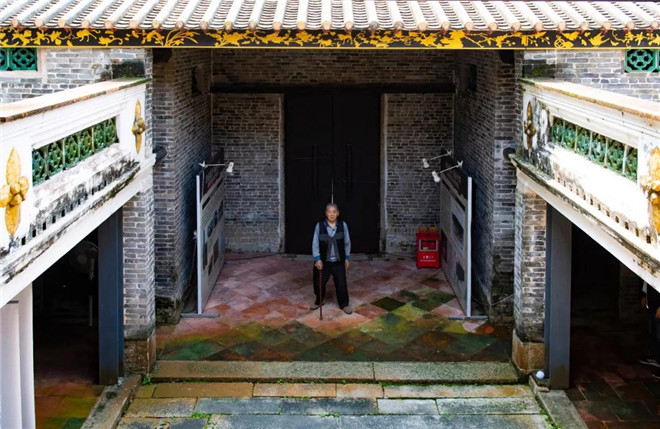
Zhong Quan, the only found person in China who has ever conducted gynecological examination of "comfort women", stands in the former site of "comfort station" in Sanzao
Cao Liming, curator of Peace Memorial Hall in Suifenhe city, Heilongjiang province and president of Peace Volunteers Association

Cao Liming
Park Oak Sun, the first victim I discovered, was cheated to the military depot of the Suifenhe Tianchang Mountain fortress and forced to work as a "comfort woman". One day I went to a village in Mudanjiang city, Heilongjiang, and an old Korean man told me that he had an old Korean woman who used to be a "hooker" in his family. We went to see the old lady many times, but she refused to talk about what had happened to her. Her daughter-in-law was a school teacher in the village. At my persuasion, the teacher finally understood me and explained to the old lady what I had come for. Finally, she told her story.
With the help of caring people, she returned to her homeland South Korea. She is still alive.
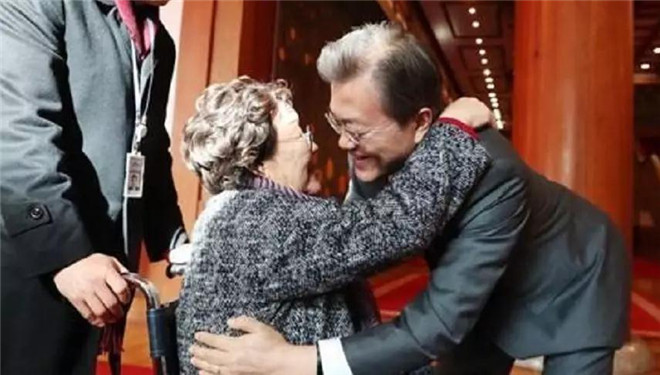
Moon Jae-in embraces Park Oak Sun (photo: Yonhap)
Zhang Meixuan, a volunteer of “Warm Home”, a non-governmental organization that cares for comfort women survivors
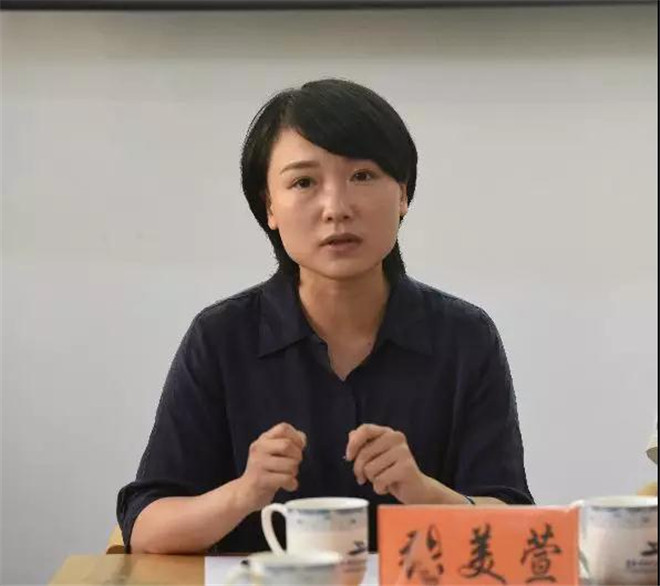
Zhang Meixuan
Warm Home, a non-governmental organization that cares for comfort women survivors, was founded in 2017. It started with a few people, and more and more people joined, most of which were young people. The members spontaneously organize to visit and comfort the old people on a regular basis. Protect this history, and never leave this history forgotten.
Ha-na Kang, a Korean volunteer and an international student at Nanjing University
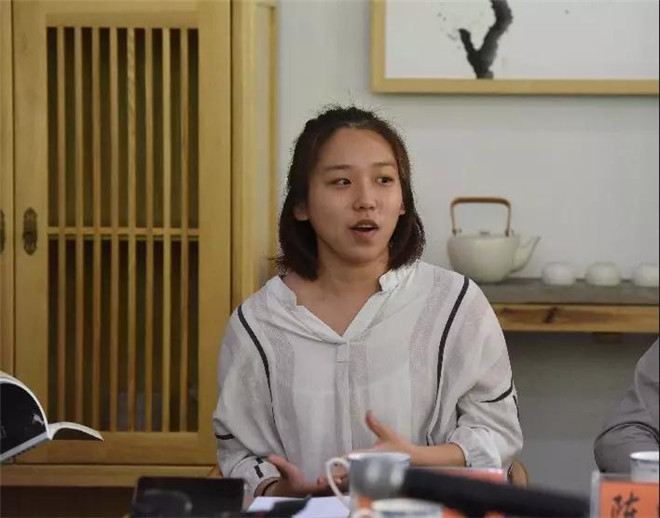
Ha-na Kang
South Korea has the same tragic history as China. In the Korean Peninsula which was colonized by Japan, many young women were sent to comfort stations where the Japanese army went. They were sexually enslaved and severely injured. I had never been to the exhibition hall because the history terrified me.
But when I actually visit here, it is different from what I expected. I want to do something to spread this history, so I volunteered at the museum to explain it in Korean. I will continue to do this volunteer work.
Zhang Jianjun, curator of the memorial hall:
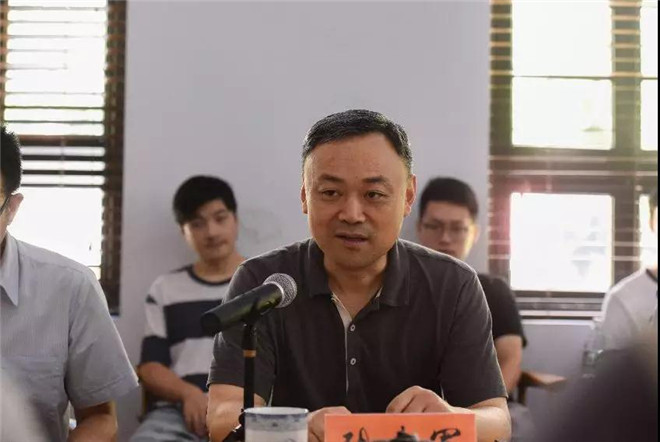
Zhang Jianjun
Due to historical and cultural factors, there is still a lot of work to be done to study, sort out and collect the "comfort women" issue in China as a whole, compared with other historical facts. Our memorial hall has the responsibility to dig deeply into the history of the "comfort women" system of the Japanese army, and work with historians and civil volunteers to prove and preserve the history.
I have four suggestions: First, set up a research salon on the sexual violence system of "comfort women" of the Japanese army, and invite all those who are interested to participate in documenting the history;
Second, continue to do well in historical excavation, and continue to excavate new clues, cultural relics and historical materials for the historical evidence;
Third, invite the domestic and foreign memorial halls of the same theme to participate. Promote mutual exchange of international experience, and plan common topics and joint exhibitions;
Fourth, better care for the living elder victims. The victims suffered for the country under unique historical conditions, and we should respect and care for them.
Thanks for all the efforts of historical experts and volunteers!
The old people are dying. The staff of our memorial and the Liji branch have been working hard to visit all parts of the country to find living victims of the "comfort women" system together with volunteers. If you have any clues, please contact the exhibition hall of former comfort women station in Liji Lane, Nanjing. The phone number is 025-58598353 (Tuesday to Sunday 9:00-16:30).
One more victim found is the salvage of a dark memory!

